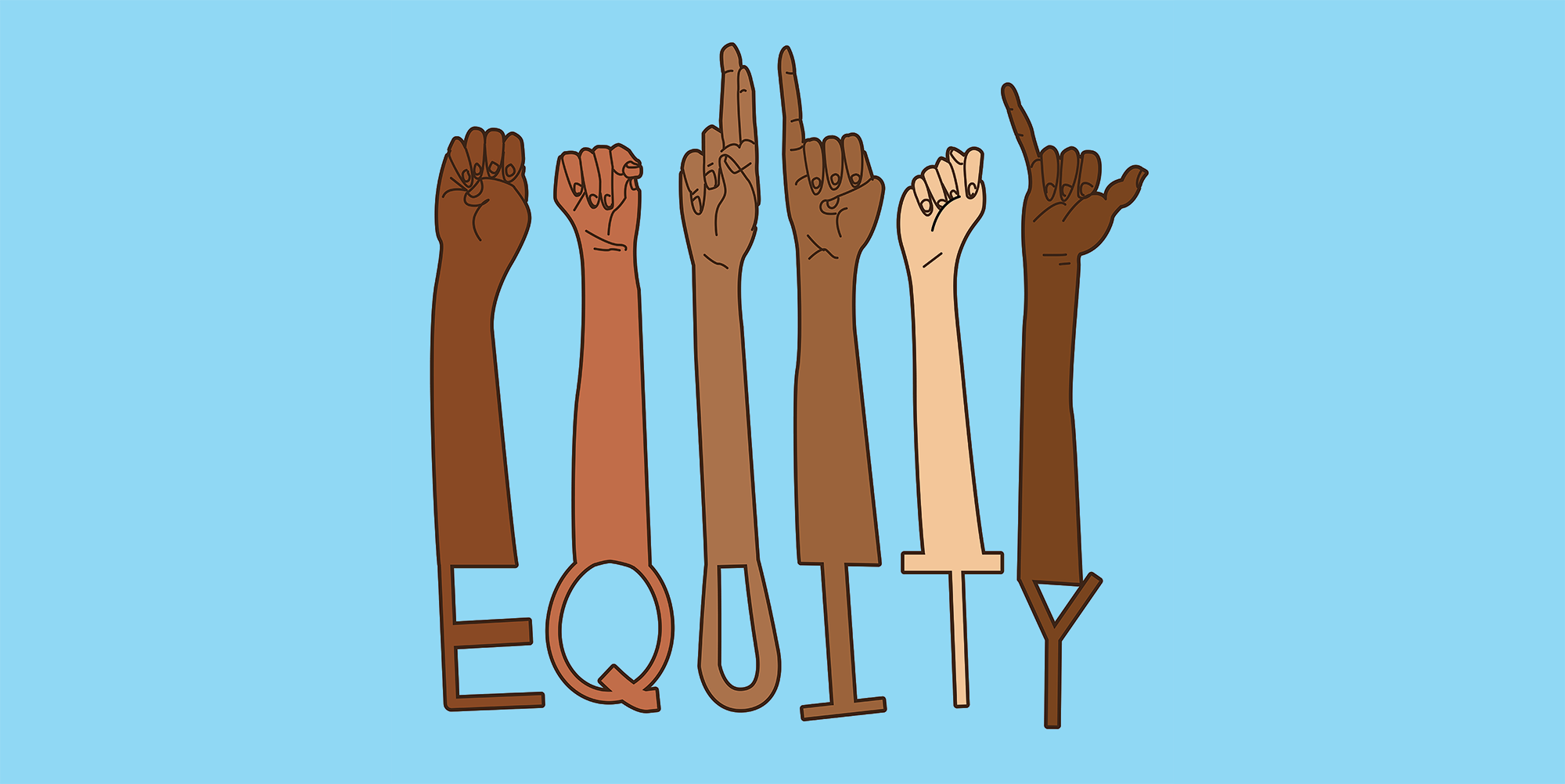View this post in ASL in a new tab or scroll to the bottom to view on this page.
Imagine, for a moment, that you are living with a behavioral health issue and are trying to find help. Now imagine that on top of navigating the behavioral healthcare system in the midst of a mental health issue, you are a D/deaf, hard of hearing or DeafBlind (DHHDB) individual who cannot locate services that meet your needs.
This is the reality that members of the DHHDB communities live with when they seek behavioral health services. These services are critical, as recent research revealed that D/deaf adults have higher rates of depression or anxiety compared to the general population, and that it occurs earlier in life.
In 1986, in response to advocacy of the Deaf community, WellPower established a specialized outpatient mental health program that recognized the importance of direct communication, other linguistic needs and acceptance of the diversity of culture within the DHHDB communities. Then, in 2009, the Colorado Daylight Partnership was established. This program offers training and technical assistance to publicly funded behavioral health agencies throughout the state of Colorado, in the hopes of reducing barriers of audism[1] and providing equal access to behavioral health and health care.
When asked what makes the D/deaf program stand out, director of the Colorado Daylight Partnership and program manager Mary Sterritt, said, “The cultural traditions and beliefs of the DHHDB communities are integrated into this program. Our approach acknowledges the importance of and need for direct communication and provides sensitivity to Deaf culture and the impact audism has on development and behavioral health.”
Mental health therapist Karina Mitchell stated, “It’s nice to empower the Deaf community to say, ‘wow, we can work directly with a Deaf therapist.’ Often the trauma Deaf individuals need to process was caused by the hearing population, so it is important to have someone with the same culture who can understand and identify with you. WellPower is unique in that a person we serve can say, ‘not only can I work with a Deaf therapist, I have some options.’”
Today, WellPower’s D/deaf team is committed to providing an audism-free space for children, families and adults seeking support to develop knowledgeable skills for overall wellbeing and growth. The therapists on the Deaf Team at WellPower are fully fluent in American Sign Language (ASL) and use a person-centered “linguistically affirmative approach[2]” where the person is supported to lead their own care and treated as a person first. The focus is on the person and what they can do, not their condition or disability. Support should focus on achieving the person’s aspirations and be tailored to their needs and unique circumstances.
[1] Audism is the oppression, discrimination or prejudice against individuals who are Deaf. There are many examples of audism. It involves expecting Deaf people to conform to hearing norms and environments, where being Deaf is seen as a deficit instead of a difference. It’s important to have clinicians who share the language and culture of the people we serve.
[2] “Linguistically affirmative approach” is a phrase quoted by the National Association of the the Deaf (NAD).


